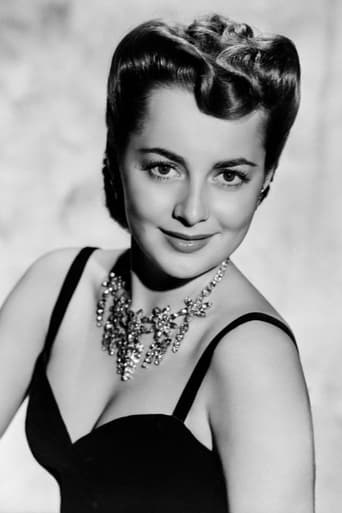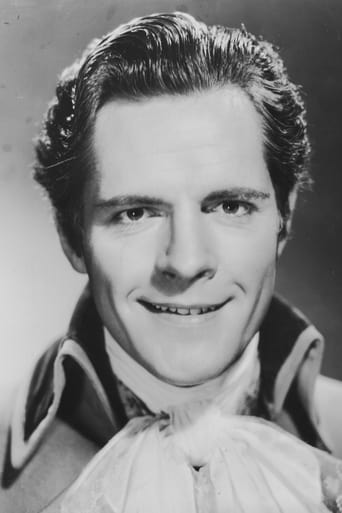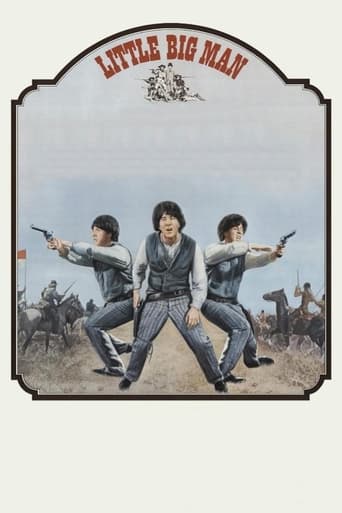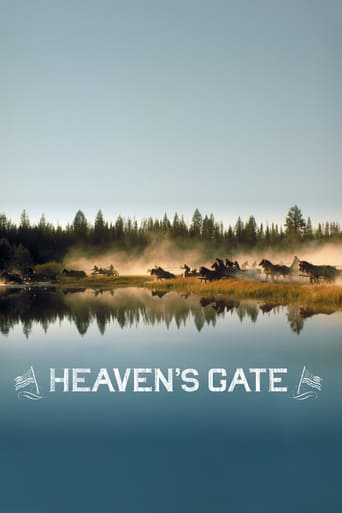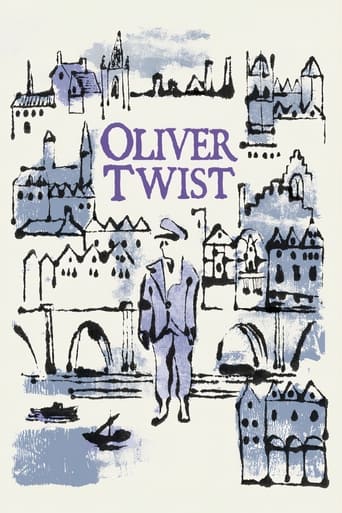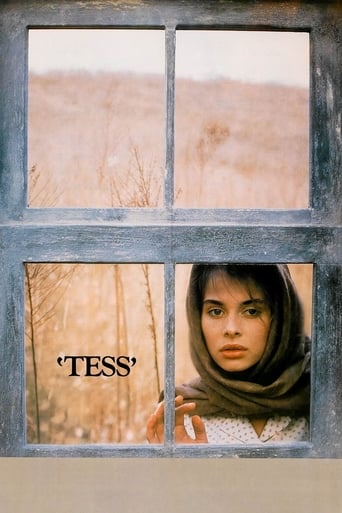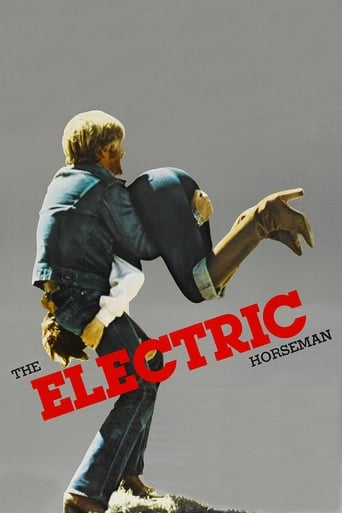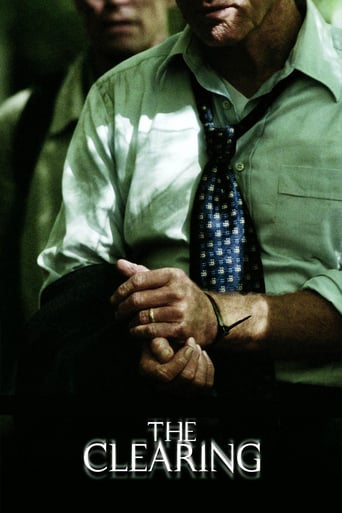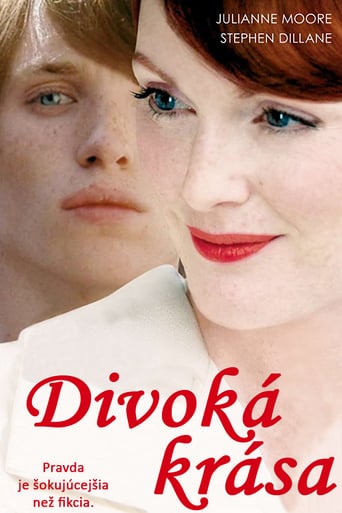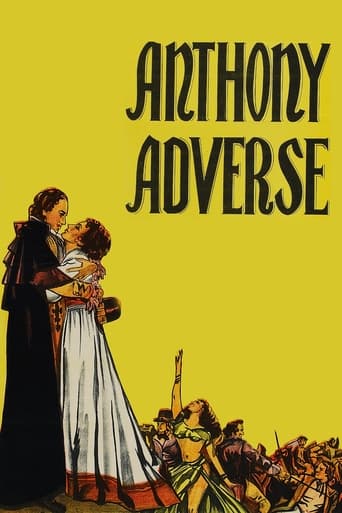
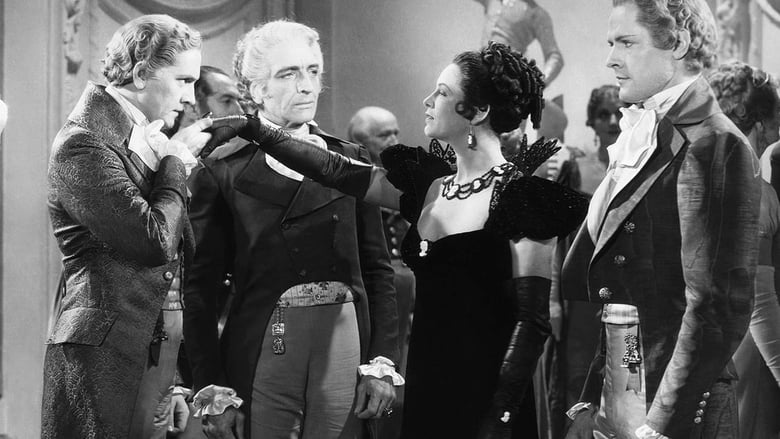
Anthony Adverse (1936)
Based on the novel by Hervey Allen, this expansive drama follows the many adventures of the eponymous hero, Anthony Adverse. Abandoned at a convent by his heartless nobleman father, Don Luis, Anthony is later mentored by his kind grandfather, John Bonnyfeather, and falls for the beautiful Angela Giuseppe. When circumstances separate Anthony and Angela and he embarks on a long journey, he must find his way back to her, no matter what the cost.
Watch Trailer
Cast


Similar titles
Reviews
Absolutely the worst movie.
A Masterpiece!
Although it has its amusing moments, in eneral the plot does not convince.
n my opinion it was a great movie with some interesting elements, even though having some plot holes and the ending probably was just too messy and crammed together, but still fun to watch and not your casual movie that is similar to all other ones.
"Anthony Adverse" is the kind of long costume drama and epic romance that Academy voters love (with four, it won the most awards for films of 1936, and tied for the most nominations with seven) and studios seem to believe (or rationalize) lend them prestige, especially when their box office doesn't otherwise justify their costs. Technically--classical continuity editing, glossy cinematography with a deep depth of field, large sets, a dramatic score and glamorous costumes--it's the crème de la crème of Hollywood filmmaking at the time. While there's plenty to like about that, the style is so mercantile but lacking the adventurousness suitable to a narrative spanning half a lifetime and three continents, preceding the Declaration of Independence and ending during the Napoleonic Wars. It tends to be prosaic, as is the story adapted from prose--swollen with episodic diversions, contrivances and lurid melodrama, which is ultimately over-long and trite--a spiritless adaptation of a novel, reportedly, concerning a spiritual journey.Besides some bad rear-projection and the obviousness of some other special effects, this is a pretty picture. I love the "Goodbye, Anthony" shots of Angela (Olivia de Havilland) turning away teary eyed and Anthony (Fredric March) walking down the corridor at the opera. Throughout, camera movement is limited mostly to brief tracking shots, but they flow well. Some shots exploit depth of field well by being framed through windows--look at all those shots where characters stand by such frames--and by focusing on the background but partially blocking it with foreground characters or objects. Although burdened by its convoluted plot and story, the pacing is an adequate average shot length of about 8.7 seconds according to my count. Classical continuity editing is adhered to with plentiful crosscutting, eyeline matches and shot/reverse shots, and the musical score helps, including leitmotifs, which I especially enjoyed for Don Luis (Claude Rains) sword fighting in the film's first love-triangle episode. Music is essentially constant, operatic and even a dominant force in this one, with the film's climax appropriately occurring at the theatre--opera within opera.Then, there's the episodic, crisscrossing-continents plot that spends nearly two-and-a-half hours following a protagonist from his conception to his being en route to America with his own son and still doesn't resolve everything, including his spiritual restoration. Anthony, indeed, faces much adversity--born of adultery, committing it himself, orphaned, traded from merchant to church to merchant, Cuban outlaw, African slave trader, lost wife, unknown relatives, conniving cartoony enemies trying to thwart him at every turn--but he's still a greedy colonialist in the end, not a man of God like the Catholic priests he befriends. He's an unlikable hero. The reliance on title cards for the passage of time, although they nicely overlay imagery, also contribute to the plodding plot, and there are far too many contrivances where Anthony repeatedly comes in contact conveniently with the right person needed to advance the narrative. Although Rains, cackling and chewing scenery, and Oscar-winner Gale Sondergaard, intermittently seething and grimacing as though preparing to hiss, are somewhat more entertaining than the leads and supposedly-good characters, as they revel in their misdeeds, but they're over-the-top, one-dimensional characterizations. Ultimately, this is also just another hackneyed, morally hypocritical melodrama, marginalizing its servants and slaves, concerning itself with the problems of wealthy people, self-serving in its glamorization of a businessman who, like many of the studio heads of Hollywood, left Europe for America in the pursuit of fortune.(Note: Among the film's mirror shots, one of the title cards overlays young Anthony's reflection in water, and a pivotal scene turns on slave-trader Anthony being disgusted seeing himself in a mirror. By contrast, an earlier composite shot where Denis sees Don Luis reflected in his wine glass is rather poorly done.)
A big heaping dose of melodramatic nonsense starring Fredric March as an orphaned child who grows up to find himself at the center of a devious plot to steal his family's fortune.The film was based on a wildly popular book and I think the movie itself was also a big hit with audiences at the time, but it makes for a rather plodding and dull watch now. Its best asset is Claude Rains as the chief villain, who made any movie more watchable just by virtue of being in it."Anthony Adverse" emerged as the most awarded film at the 1936 Oscars, winning four at a time in Oscar's history when it was rare for any one movie to dominate the awards. Gale Sondergaard collected the very first Best Supporting Actress Oscar ever awarded, playing Anthony's evil stepmother who joins Rains in the scheme to get their hands on his money. She mostly stands behind Fredric March looking devious -- not sure her performance is really award worthy, but all manner of strange choices were made back then. The film also won Oscars for its cinematography, film editing, and score, an award that went not to the film's composer, Erich Wolfgang Korngold, but rather to the Warner Bros. music department chief Leo Forbstein. In addition, the film received nominations for Best Picture, Best Assistant Director (William Cannon), and Best Art Direction, which is probably the film's most impressive feature, spanning a variety of locations from aristocratic drawing rooms to opera houses to snowy mountaintops.Grade: B-
The main pleasure this film gives me is the music in it by Erich Korngold, and especially the African scene around the dying of the Priest. He used the same theme in his only Symphony and in other works to. The film's main story was a wonderful vehicle for Korngold's creating genius to have full reign in the emotion department. Long may romantic music be heard if the nasty music critics will allow it. They are very guilty of suppressing some of the most beautiful music to be written or heard in this life. Example, Eugene D'Albert's magnificent Opera "Tiefland" do we ever hear it on any classical music programme? No ! I rest my case. The film is very enjoyable and all the cast were superb, but Oh how they compressed the story, the book I believe is very long and attempting to Hollywood it didn't really do the book justice. However it remains one of my favourites. Is there anyone else out there who loves Korngold's music, if so, please get in touch with me. here is my E mail address [email protected] Thank you. R. Loach
There was no ending to this film. Everything in the film was unresolved. It had the feel of a project that was scrapped and cobbled together from existing scenes. When the film was over, all I could do was say "You've got to be kidding", over and over again. I love Olivia De Havilland, and the story had promise. Sadly, it did not deliver.



